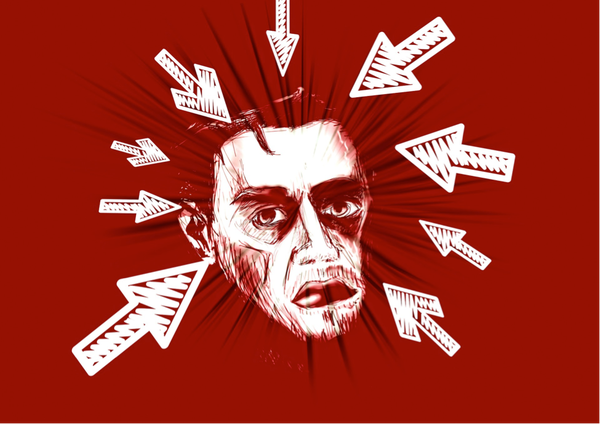This article was published in Scientific American’s former blog network and reflects the views of the author, not necessarily those of Scientific American
As a founding father of psychoanalysis, Sigmund Freud produced seminal ideas that have heavily influenced our understanding of the mind. But while scientists recognize his historical contributions, many of us veritably hate him. We hate his methods, his assumptions, and the consequences of his work.
As a memory scientist, I particularly dislike that he has generated such a foundation for false memories to be generated in therapy, the adverse repercussions of which I directly deal with in my research.
I hereby give you 9 things
On supporting science journalism
If you're enjoying this article, consider supporting our award-winning journalism by subscribing. By purchasing a subscription you are helping to ensure the future of impactful stories about the discoveries and ideas shaping our world today.
I hate aboutyou probably didn’t know about Freud.
1.He touted the benefits of cocaine. His writings on the topic are often simply referred to as the cocaine papers. Of course, we need to contextualize this, since cocaine was legal at the time. Still, it concerns me that his favorite test subject for testing the drug was himself, effectively making him a drug addict. He even recommended cocaine to his friends, one of whom was Ernst von Fleischl-Marxow. Ernest eventually died from cocaine overuse.
2. He may have lied about his work. More specifically, he has repeatedly been accused of faking the facts of his patients’ cases to fit his theories. For example, he is said to have changed the relationships of some of his patients' abusers from what they actually were—teachers, servants, siblings and strangers—to fathers, so that the abuse would fit with his idea of the oedipal complex.
3. He did therapy on his own daughter. Against all ethical guidelines and better judgment, he did therapy on a number of his family members including his daughter. This is ill advised, not least because of Freud’s assumptions of the importance of sexual impulses as drivers of mental health concerns.
4. He may have had sex with his sister-in-law. According to historian Peter Swales he may have even made her pregnant, resulting in her having an abortion.
5. He was judged unfit for a Nobel Prize. He was nominated for 12 years, but the nominations ceased forever when the Nobel committee engaged an expert who said that Freud’s work was of no proven scientific worth.
6. He was a bad scientist. Arguably he was not a scientist at all, since he didn't do any experiments. His theories don’t even meet the basic criteria for science. His ideas were ridiculed by the pre-eminent philosopher of science Karl Popper himself, as being unfalsifiable and purely anecdotal.
7. His regression therapy is highly controversial. I would go as far as saying that it isn't a thing at all.
8. He collected (hoarded) archeological statues. Evidently he liked recovering lost memories of both his patients and of humanity. His collection was made up of an impressive number of artifacts from antiquity, many of which still reside in the former family home, which is now a museum. As with his cocaine use, this sort of thing was considered acceptable at the time. It's now considered reprehensible.
9. His legacy did not die with him. Until her death in 1982, Freud's daughter Anna Freud carried on her father’s legacy by curating the Freud museum. She also extended his work by applying it to children. Thanks to her, kids can now also be subjected to questionable therapy.
TLDR version: Don’t trust Freud.
Maybe all of my concerns are justified, or maybe I am just being anal. You be the judge.
This post is one of a series of articles that focus on debunking common misconceptions and beliefs about how our memory works.
